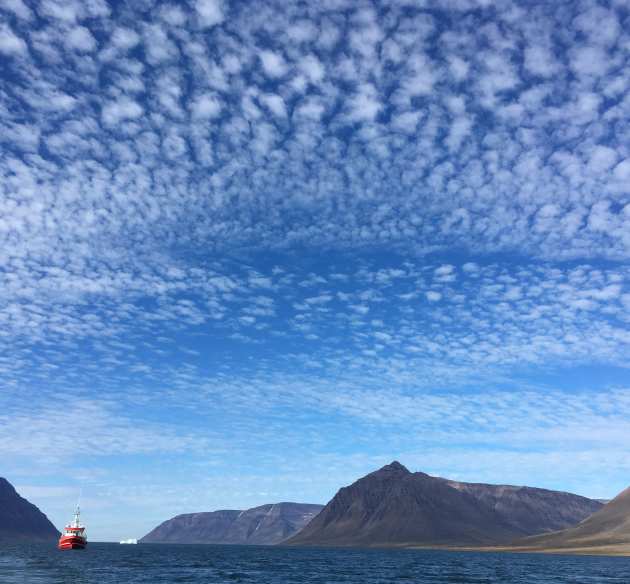Topics: Impacts and adaptation
Type: Briefing paper
Publication date: November 2017
Download
Summary
Authors: Bruno Gallo, Dr Michelle C Jackson, Dr Eoin O’gorman, Professor Guy Woodward
This briefing paper considers how freshwater ecosystems adapt to rising temperatures caused by global warming, and why this is important in understanding the impacts of climate change.
Headlines

- Adaptation to environmental changes is not new in nature, but the Earth is now experiencing warming at an unprecedented rate, which is causing major disruption to both biodiversity and ecosystem functioning.
- The consequences of climate change include warming, droughts and floods, all of which can have severe impacts, particularly on freshwater species.
- Freshwater habitats are hotspots for biodiversity, and therefore it is critical to understand the effects of climate change in aquatic ecosystems. This information is fundamental for predicting which species will adapt to this rapid change.
- In some cases, climate change is leading to local species extinctions which can alter the functioning of ecosystems, unless other species can fill its vacant niche.
- Climate change is also affecting the goods and services from freshwater ecosystems which we rely on, such as fish and water, particularly in developing countries that heavily rely on these resources.
- Mitigation and greenhouse gas reduction need to take place in order to reduce climate change. Action can be enhanced by rapidly communicating scientific outcomes to policy makers who can directly tackle this global issue.
- Warming is not occurring with the same intensity around the world – with high latitude regions being especially exposed and vulnerable to change. Understanding the impacts of climate change in these more vulnerable, higher latitude systems will be crucial for predicting future responses in lower latitude regions.
Download: Adaptation of freshwater species to climate change BN8
Find out more about the Ring of Fire research project.
Find out more about the fieldwork involved in this study:
View publications by:
Topic
Climate Science
Earth and Life Sciences
Energy and Low-Carbon Futures
Resources and Pollution
Economics and Finance
Health
View all publications and browse by year
Publication type
Briefing papers and Briefing notes
Grantham Institute Outlooks
Evidence & submission papers
Infographics
Institute reports and analytics notes
Grantham notes
Collaborative publications
Discussion papers
Institute event overviews
Working papers